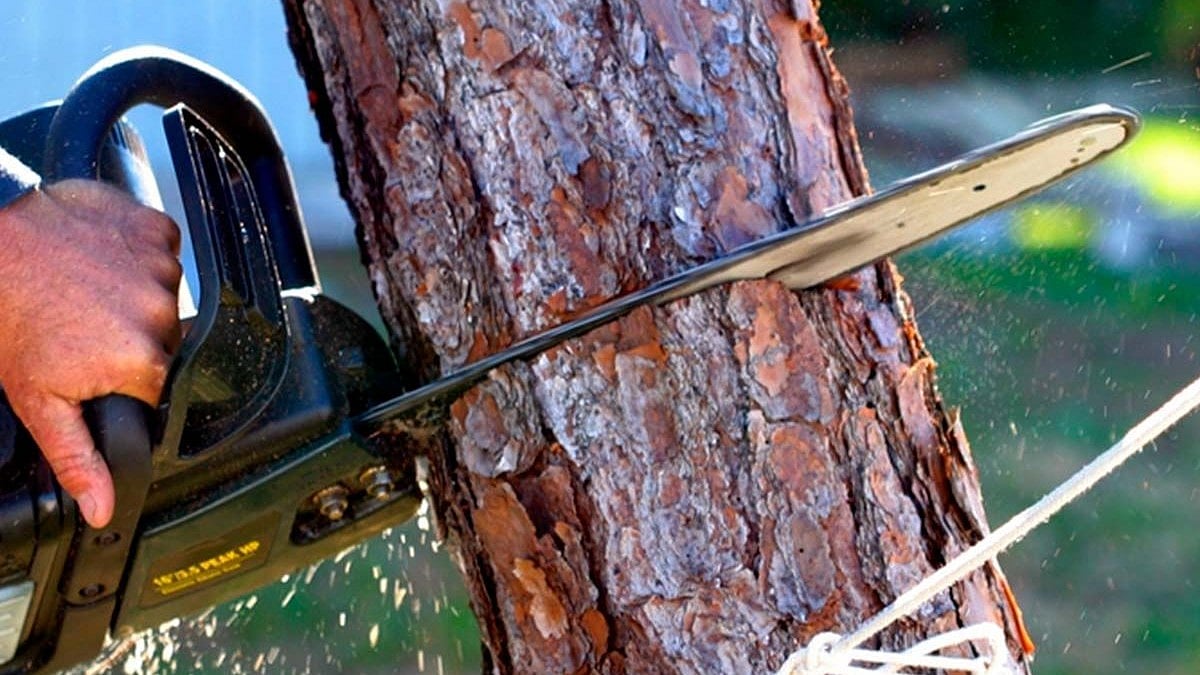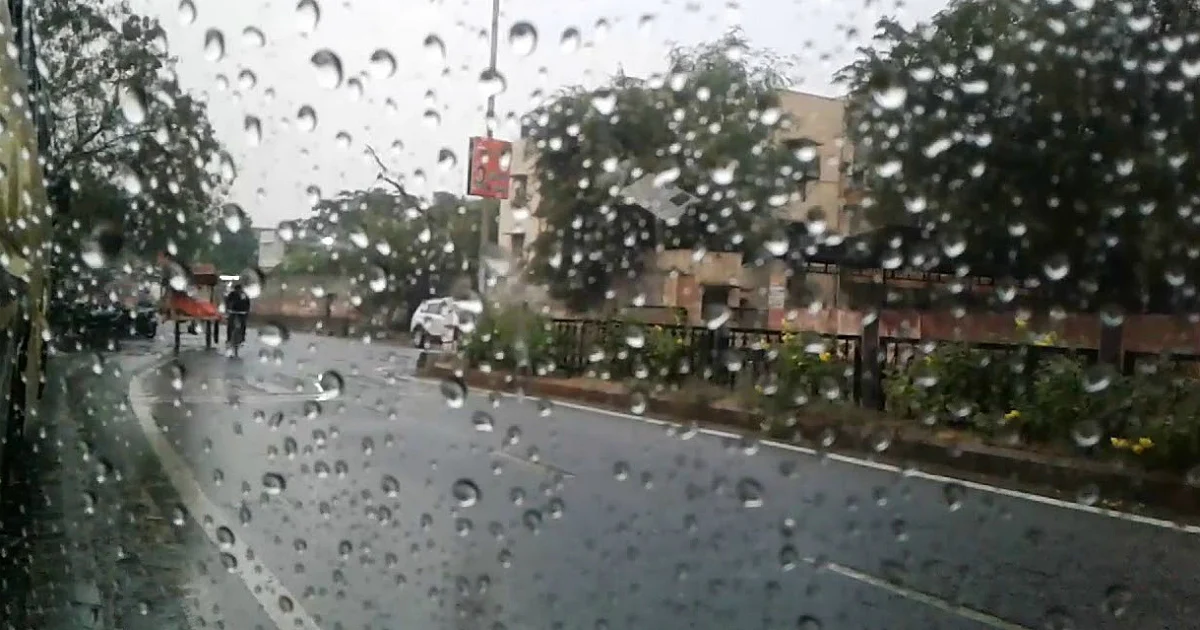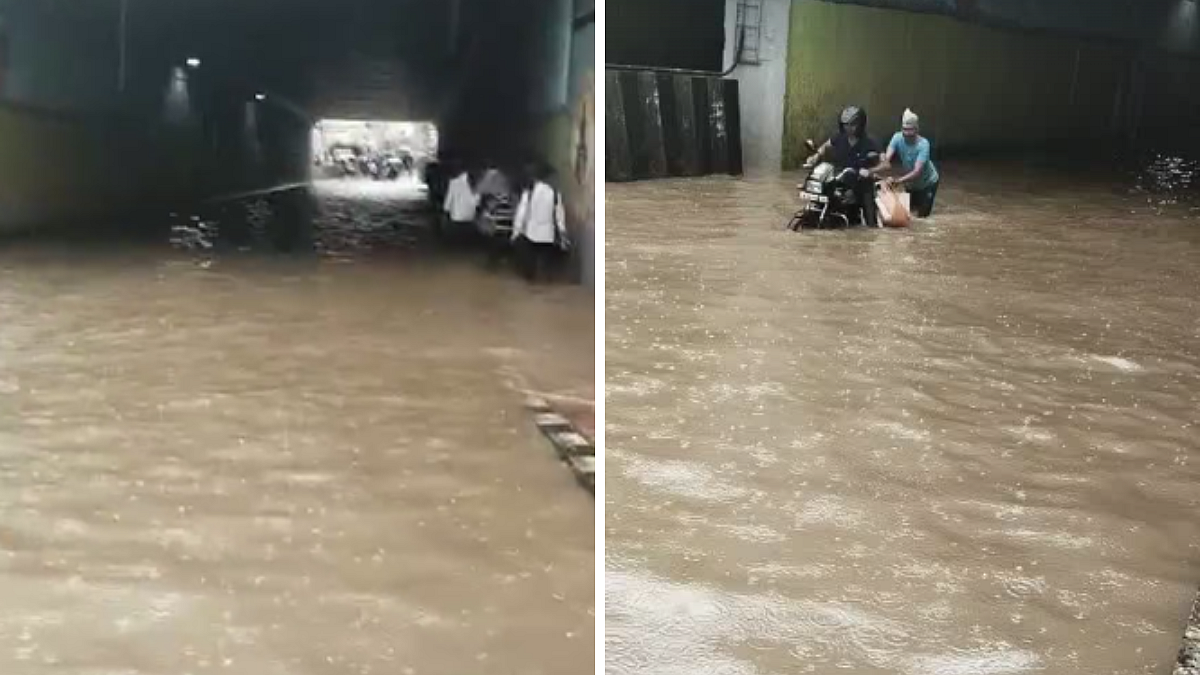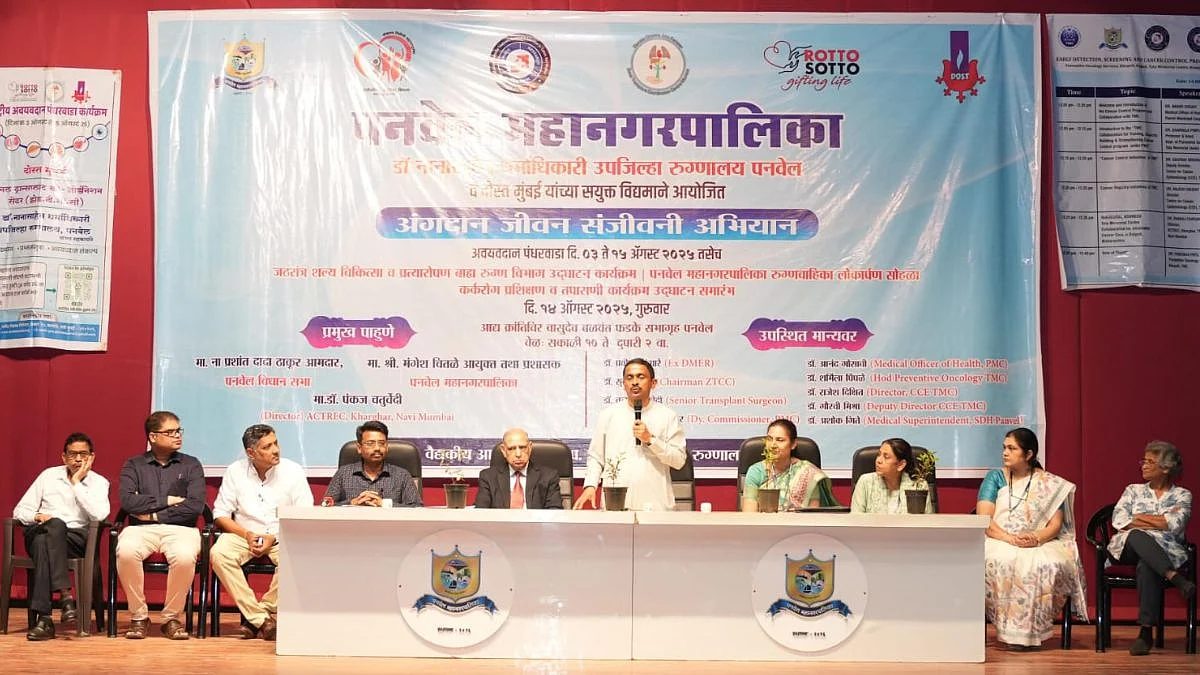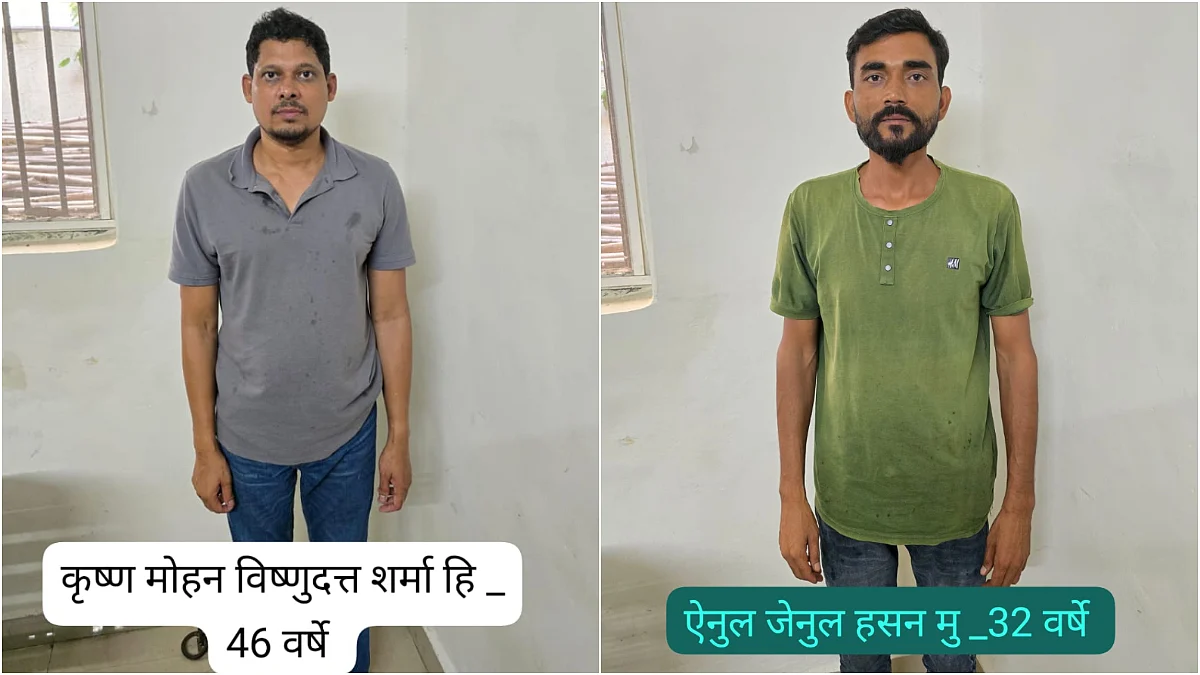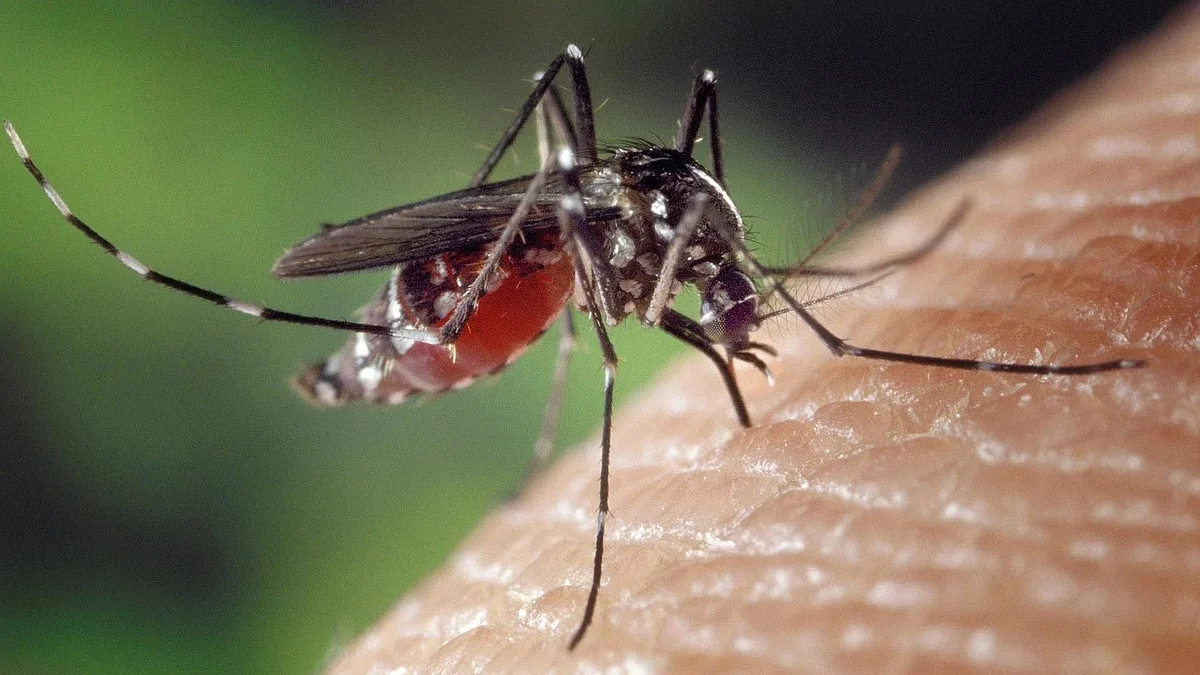Mumbai: The BMC's decision to cut down eight trees and transplant four from the Worli Engineering Hub on Dr E Moses Road has raised concerns among civic officials, who feel unable to voice their opinions as government employees.
These trees, aged 35 to 50 years, consist of tropical evergreen species like jackfruit, peepal, banyan, and ashoka. Notices from BMC’s Garden Cell state that the tree removal is necessary for constructing an underground and elevated car park adjacent to the Acharya Atre Metro station on the Aqua Line, aimed at addressing a parking shortage for officials working at the hub.
Also Watch
Many officials at the hub acknowledge the project’s importance but express sadness over the tree removals. There are no residential areas nearby, limiting public opposition, which intensifies their frustration. They wish all trees could be transplanted but feel powerless to influence the situation. The Garden Cell has indicated that only tree species able to survive transplantation were selected for moving.
However, officials noted that of the trees analysed, only four sturdy species qualify for transplanting, and even then, the financial cost and survival rate post-transplantation are significant concerns according to reports by Midday.
The parking lot project, proposed by a senior architect, will also serve the Election Department during elections, further adding to its importance. Notices reveal that two trees have been categorized as 'dead,' while six live trees are slated for removal. The plans include replacing an old building near the engineering hub with a multistorey structure, necessitating the trees' removal. Civic staff lament the loss but recognize the project's demands.
In Aarey Milk Colony, efforts to enhance green cover through tree planting face challenges from free-roaming buffaloes, endangering over 5000 saplings. To protect these young trees, authorities are constructing 4-to 6-foot chain-link fences around plantation areas. Despite the rich biodiversity of Aarey and Sanjay Gandhi National Park, illegal grazing by unregistered buffaloes, often owned by individuals from outside the colony, threatens these initiatives.
Local cattle owners assert that responsible owners wouldn't allow their valuable buffaloes to roam freely due to the associated risks. Buffaloes are believed to come from nearby Filterpada, where owners lack proper facilities, leading to unchecked grazing.
Recent meetings among local officials and community members addressed the rising conflict between free-roaming cattle and local farmers, whose crops suffer extensive damage. Activists criticize the forest department for inaction and advocate for enforcing regulations instead of relying solely on costly fencing. While authorities report stray buffalo sightings to the BMC for intervention, effective resolution remains challenging in the face of ongoing illegal grazing.
